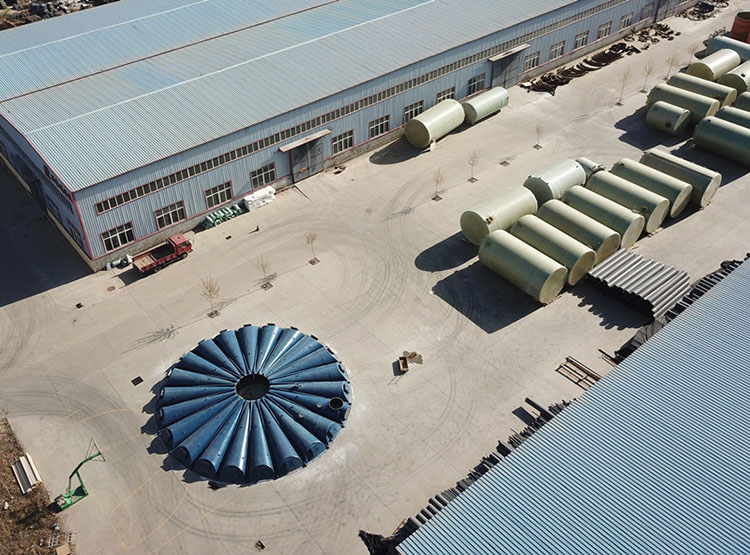
-
 Afrikaans
Afrikaans -
 Albanian
Albanian -
 Amharic
Amharic -
 Arabic
Arabic -
 Armenian
Armenian -
 Azerbaijani
Azerbaijani -
 Basque
Basque -
 Belarusian
Belarusian -
 Bengali
Bengali -
 Bosnian
Bosnian -
 Bulgarian
Bulgarian -
 Catalan
Catalan -
 Cebuano
Cebuano -
 China
China -
 China (Taiwan)
China (Taiwan) -
 Corsican
Corsican -
 Croatian
Croatian -
 Czech
Czech -
 Danish
Danish -
 Dutch
Dutch -
 English
English -
 Esperanto
Esperanto -
 Estonian
Estonian -
 Finnish
Finnish -
 French
French -
 Frisian
Frisian -
 Galician
Galician -
 Georgian
Georgian -
 German
German -
 Greek
Greek -
 Gujarati
Gujarati -
 Haitian Creole
Haitian Creole -
 hausa
hausa -
 hawaiian
hawaiian -
 Hebrew
Hebrew -
 Hindi
Hindi -
 Miao
Miao -
 Hungarian
Hungarian -
 Icelandic
Icelandic -
 igbo
igbo -
 Indonesian
Indonesian -
 irish
irish -
 Italian
Italian -
 Japanese
Japanese -
 Javanese
Javanese -
 Kannada
Kannada -
 kazakh
kazakh -
 Khmer
Khmer -
 Rwandese
Rwandese -
 Korean
Korean -
 Kurdish
Kurdish -
 Kyrgyz
Kyrgyz -
 Lao
Lao -
 Latin
Latin -
 Latvian
Latvian -
 Lithuanian
Lithuanian -
 Luxembourgish
Luxembourgish -
 Macedonian
Macedonian -
 Malgashi
Malgashi -
 Malay
Malay -
 Malayalam
Malayalam -
 Maltese
Maltese -
 Maori
Maori -
 Marathi
Marathi -
 Mongolian
Mongolian -
 Myanmar
Myanmar -
 Nepali
Nepali -
 Norwegian
Norwegian -
 Norwegian
Norwegian -
 Occitan
Occitan -
 Pashto
Pashto -
 Persian
Persian -
 Polish
Polish -
 Portuguese
Portuguese -
 Punjabi
Punjabi -
 Romanian
Romanian -
 Russian
Russian -
 Samoan
Samoan -
 Scottish Gaelic
Scottish Gaelic -
 Serbian
Serbian -
 Sesotho
Sesotho -
 Shona
Shona -
 Sindhi
Sindhi -
 Sinhala
Sinhala -
 Slovak
Slovak -
 Slovenian
Slovenian -
 Somali
Somali -
 Spanish
Spanish -
 Sundanese
Sundanese -
 Swahili
Swahili -
 Swedish
Swedish -
 Tagalog
Tagalog -
 Tajik
Tajik -
 Tamil
Tamil -
 Tatar
Tatar -
 Telugu
Telugu -
 Thai
Thai -
 Turkish
Turkish -
 Turkmen
Turkmen -
 Ukrainian
Ukrainian -
 Urdu
Urdu -
 Uighur
Uighur -
 Uzbek
Uzbek -
 Vietnamese
Vietnamese -
 Welsh
Welsh -
 Bantu
Bantu -
 Yiddish
Yiddish -
 Yoruba
Yoruba -
 Zulu
Zulu
Exploring the Benefits of Fiberglass Tanks for Various Applications and Industries
The Advantages of Fiberglass Tanks A Comprehensive Overview
In the world of industrial applications, storage solutions play a critical role in maintaining operational efficiency and product integrity. Among various materials available for tank construction, fiberglass has emerged as a popular choice for many industries. This article explores the advantages of fiberglass tanks, focusing on their durability, versatility, and environmental benefits.
Understanding Fiberglass
Fiberglass, or glass-reinforced plastic (GRP), is a composite material made from fine glass fibers embedded in a polymer matrix. This combination results in a lightweight yet strong material that offers numerous benefits compared to conventional tank materials such as metal or concrete.
Durability and Longevity
One of the primary advantages of fiberglass tanks is their exceptional durability. Unlike metal tanks, which are susceptible to rust and corrosion, fiberglass is inherently resistant to a wide range of chemicals and environmental factors. This makes fiberglass tanks ideal for the storage of various substances, including corrosive materials, oils, and food products. The lifespan of fiberglass tanks can often exceed 30 years with proper maintenance, making them a cost-effective solution for long-term storage needs.
Lightweight and Easy to Install
Fiberglass tanks are significantly lighter than their metal or concrete counterparts. This lightweight nature not only facilitates easier transportation but also simplifies the installation process. With lower installation costs and reduced structural requirements, fiberglass tanks can be installed quickly and efficiently in various locations. This advantage is particularly beneficial for industries that require rapid deployment and adaptability.
Customizability
Fiberglass tank manufacturers offer a high degree of customizability, allowing businesses to tailor their tanks according to specific requirements. Tanks can be designed in various shapes, sizes, and configurations, catering to the unique needs of different applications. This adaptability makes fiberglass tanks suitable for a wide range of industries, from wastewater treatment and chemical processing to agricultural storage.
tank fiberglass

Reduced Maintenance Costs
Maintenance plays a crucial role in the operational longevity of any storage solution. Fiberglass tanks typically require less maintenance compared to metal tanks, particularly concerning rust and corrosion. The smooth surface of fiberglass reduces the accumulation of sediment and other residues, minimizing the need for frequent cleaning. This reduction in maintenance not only saves time but also lowers operational costs over time.
Environmental Benefits
In an era where sustainability is a growing concern, fiberglass tanks present an eco-friendly option for storage solutions. The production of fiberglass is less energy-intensive compared to metal and concrete manufacturing, leading to a lower carbon footprint. Additionally, fiberglass is fully recyclable, allowing for responsible end-of-life disposal. Utilizing fiberglass tanks can align with corporate sustainability goals while ensuring compliance with environmental regulations.
Temperature Resistance
Fiberglass tanks exhibit excellent insulation properties, making them suitable for temperature-sensitive materials. The design of these tanks allows for minimal heat transfer, helping maintain the appropriate temperature of the stored substances. This feature is particularly vital for industries dealing with chemicals that require stringent temperature control.
Resistance to UV Radiation
Another advantage of fiberglass tanks is their resistance to ultraviolet (UV) radiation. Prolonged exposure to sunlight can weaken many materials; however, fiberglass is formulated to withstand UV rays without compromising its structural integrity. This attribute is essential for above-ground tanks that are subject to direct sunlight, ensuring that the tank maintains its strength and functionality over time.
Conclusion
In conclusion, fiberglass tanks offer a multitude of advantages, making them a preferred choice for various industrial applications. Their durability, lightweight nature, customizability, reduced maintenance requirements, and environmental friendliness position fiberglass tanks as a leading solution in the competitive landscape of storage options. As industries continue to evolve and seek efficient, cost-effective, and sustainable solutions, the role of fiberglass tanks is likely to expand, reaffirming their importance in modern operations. When considering tank options, businesses would do well to explore the extensive benefits that fiberglass technology has to offer, ensuring they make informed decisions that serve their operational needs for years to come.









